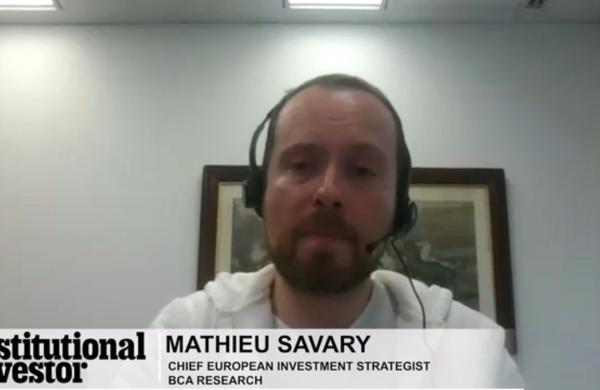Advisers to the wealthy provide their clients with the most-sophisticated asset allocation plans, access to the best-performing managers and even somebody to walk the family Labradoodle. Financial advisers and wealth management specialists not only oversee portfolios, they handle such areas as estate planning, charitable giving and trusts, or recommend experts who do. Lately, some advisers to high-net-worth clients have taken to directing their clients to insurance companies and insurance brokers.
Tony Guernsey, for instance, head of national private wealth management at Wilmington Trust, says many of his wealthy clients are underinsured. People with money, he says, are magnets for lawsuits of all kinds, and resourceful plaintiffs lawyers are good at finding assets that rich clients might have thought were untouchable. Guernsey likes to tell the story of the son of a wealthy family who recently lost more than $240,000 held in a Uniform Gifts to Minors Account in a lawsuit. The son, an undefeated 18-year-old high school wrestler, injured his opponent after a match. The opponent sued and won. The boy had no liability insurance and his assets were not held in trust.
Charles Johnson Jr., executive vice president of DeWitt Stern Group, a high-end New York–based insurance broker, says wealthy investors are starting to wake up to increased insurance needs, and private banks and others are forming relationships with firms like his to provide it. He says many wealth advisers are implementing a dual wealth management strategy: one strategy to grow assets through investments and the other to protect assets through insurance. Johnson adds that investors often don’t have adequate coverage when it comes to areas such as directors’ and officers’ liability insurance or errors and omissions insurance, as well as coverage during construction or extensive home renovations. “Advisers do a good job of looking at portfolio and financial risk, but they often miss the total risk picture that includes protecting assets with insurance,” he says.
Joan Crain, senior director of wealth management strategies at BNY Mellon Wealth Management, which has $164 billion under custody, says her clients are increasingly asking about insurance. High-profile cases, such as those involving identify theft and lawsuits against individuals who have served on corporate boards, have fueled questions from clients. BNY Mellon trains its advisers on insurance but works with third-party providers and does not offer any in-house products itself. Crain says that many of her wealthy clients do not realize that although corporate and nonprofit boards often provide directors’ insurance, it is often insufficient. Wilmington Trust’s Guernsey adds, “It used to be an honor to be on a board. Now it’s hard to get people because of the possible liability.”
Protection from lawsuits — frivolous and otherwise — is one of the biggest risks that Northern Trust Corp. sees facing its high-net-worth clients. “A lot of our clients are public figures — those working for corporate America. Their information is out on the Internet,” says Gregg Yaeger, director of financial planning at Northern Trust. He says one client with two teenage boys increased liability coverage when they started driving. Yaeger says one boy was in an accident and was sued, but the family was protected by the liability coverage. “They realized they had an easily recognizable name and needed protection,” he says.
Marcia Jackson, vice president and manager of the personal risk management group of Wachovia Insurance Services, an insurance brokerage that is part of Wachovia Wealth Management, says that insurance to protect families who employ staffers has become increasingly popular for wealthy families. It covers discrimination suits, sexual harassment, wrongful termination and other issues.
With all of the different insurance policies that a wealthy family can have, cost can become an issue ($10 million of liability insurance can cost as much as $5,000 annually, according to DeWitt Stern’s Johnson). Advisers say that even wealthy people will skimp on insurance because of the price. “People get upset at small stock market losses, but [when clients face] the catastrophic event that could wipe out 50 percent of their net worth, then the cost of the insurance becomes very small,” BNY Mellon’s Crain says.







